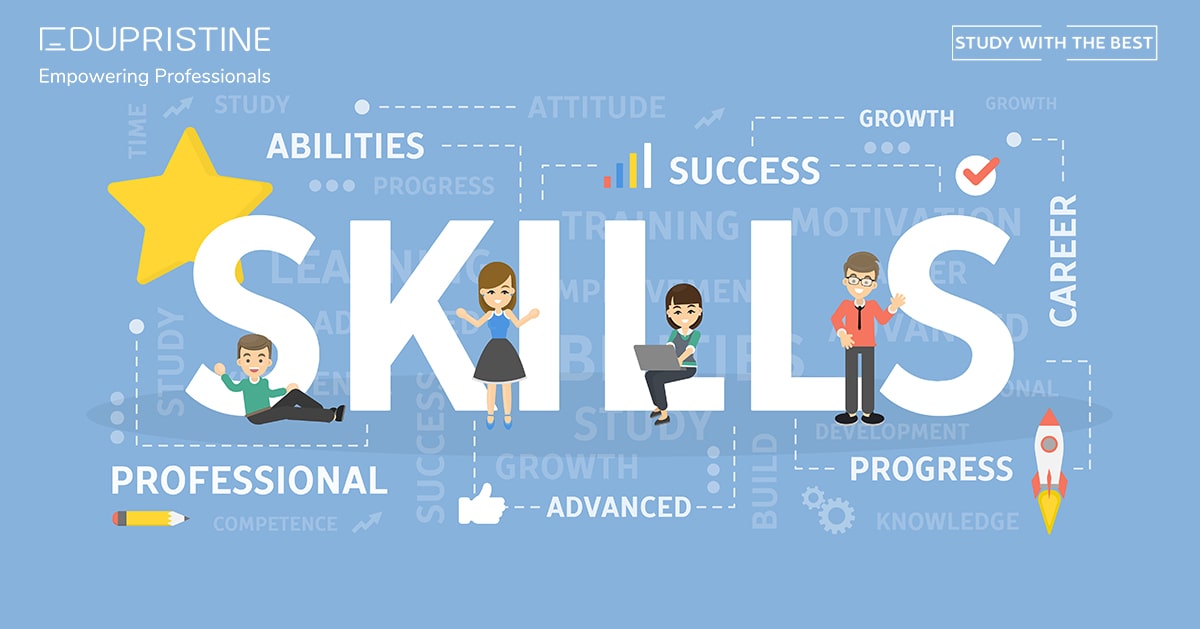Image Source: Google
Soft skills are essential attributes and personal qualities that enable individuals to interact effectively with others and navigate the complexities of the modern workplace. Building empathy and emotional intelligence are two critical soft skills that can have a profound impact on personal and professional success. In this article, we will explore how soft skill development can help individuals enhance their empathy and emotional intelligence, leading to improved relationships, communication, and overall well-being.
The Importance of Empathy
Empathy is the ability to understand and share the feelings of others. It involves putting yourself in someone else's shoes and seeing things from their perspective. Empathy is a valuable skill in both personal and professional relationships, as it fosters understanding, compassion, and connection with others. Here are some reasons why empathy is important:
Benefits of Empathy:
- Improves communication and relationship building
- Fosters trust and connection with others
- Helps resolve conflicts and navigate challenging situations
- Enhances teamwork and collaboration in the workplace
- Leads to greater personal growth and self-awareness
Enhancing Empathy Through Soft Skill Development
Empathy is a skill that can be developed and strengthened through intentional practice and soft skill training. Here are some strategies to enhance empathy through soft skill development:
Strategies for Enhancing Empathy:
- Active listening: Pay attention to the speaker, show interest, and ask clarifying questions to demonstrate understanding.
- Practice perspective-taking: Put yourself in someone else's shoes and try to see things from their point of view.
- Cultivate curiosity: Ask open-ended questions to learn more about others and their experiences.
- Practice empathy in daily interactions: Show kindness, compassion, and understanding in your interactions with others.
- Seek feedback: Ask for feedback from others on how you can improve your empathy skills and be open to constructive criticism.
The Significance of Emotional Intelligence
Emotional intelligence is the ability to recognize and manage your own emotions, as well as understand and influence the emotions of others. It involves self-awareness, self-regulation, empathy, and social skills. Emotional intelligence plays a crucial role in personal and professional success, as it influences how we communicate, make decisions, and navigate relationships. Here are some reasons why emotional intelligence is significant:
Benefits of Emotional Intelligence:
- Enhances self-awareness and self-regulation
- Improves communication and interpersonal relationships
- Builds resilience and adaptability in the face of challenges
- Facilitates effective conflict resolution and problem-solving
- Leads to greater overall well-being and life satisfaction
Developing Emotional Intelligence Through Soft Skills
Emotional intelligence can be cultivated and developed through soft skill training and intentional practice. Here are some strategies to enhance emotional intelligence through soft skill development:
Strategies for Developing Emotional Intelligence:
- Self-reflection: Take time to reflect on your emotions, triggers, and reactions to different situations.
- Emotion regulation: Practice techniques such as deep breathing, mindfulness, and positive self-talk to manage emotions effectively.
- Empathy training: Focus on understanding and empathizing with others to enhance emotional intelligence.
- Social skills development: Work on improving your communication, conflict resolution, and teamwork skills to enhance emotional intelligence.
- Seek feedback: Ask for feedback from others on how you can enhance your emotional intelligence skills and make necessary adjustments.
Conclusion
Soft skill development plays a crucial role in building empathy and emotional intelligence, two essential attributes that can enhance personal and professional relationships. By intentionally practicing empathy and emotional intelligence through soft skill training, individuals can improve their communication, collaboration, and overall well-being. Incorporating strategies such as active listening, perspective-taking, and emotion regulation can help individuals strengthen their soft skills and cultivate a more empathetic and emotionally intelligent approach to interacting with others. Ultimately, investing in soft skill development can lead to greater success, fulfillment, and overall satisfaction in both personal and professional aspects of life.

